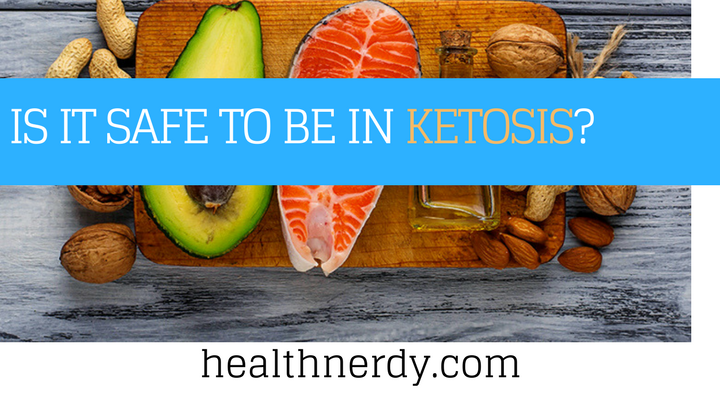
You’ve been taken over by an ever-growing feeling of happiness and joy.
Everything is great; your new diet is working. Indeed, it’s a fantastic feeling. It’s like being in love. You are loaded on energy. And, you’re glowing.
But- you had a slip. You went out with friends and didn’t want to be unsociable. You had some carbs, and now you feel guilty. After all, you enjoyed that dinner. It was tasty and healthy.
The situation got you thinking: is ketosis, no matter how great, safe in the long run?
How long should you stay in it?
And then the worst of all comes to mind: is ketosis bad?
Watch next 2 videos to get perspective on a topic :
Let us take you to step by step through your weight-loss process and answer the scary questions you were thinking to yourself.
We will help you avoid guilt and doubt.
What is Ketosis?
Ketosis is a process of ketone formation. It is a metabolic process that occurs when your body starts to break down fat for energy.
Now, glucose is the usual fuel that our bodies provide us with.
When we lack glucose, the body switches to fat instead. This happens for a few reasons:
- because of low glucose levels
- after a period of fasting
- after an intense exercise
- on a ketogenic diet
How do you know when your body is in ketosis?
When following a diet and trying to lose weight, you want to be in control and know what’s happening with your body.
When you get to the ideal ketone level range, that’s when your body boosts the fat-burning process.
That’s why a lot of people measure their ketone levels to make sure that they’re in ketosis.
The good ketone level for ketosis is anywhere from 0.6mmol to 3.0mmol, but it also depends on every individual.
How do you know when your body is in ketosis? Here are some signs:
- Weight loss
- Loss of appetite
- Clear mind, focus
- Bad breath
- Increased ketone levels in the blood, urine, and breath (that you can measure with test strips)
Benefits of being in ketosis
Weight loss is just one of the health benefits of ketosis. Your body will switch to ketosis faster for energy, boost the burning fat process and the fat loss.
Apart from these, the current research supports the following benefits of ketosis:
- Ketosis may minimize some types of acne
- Improves heart health
- Reduces bad cholesterol levels LDL, increases the levels of good HDL cholesterol
- Regulates blood sugar levels
- May protect brain function
- Decreases food cravings
- Boosts energy levels and athletic performance
How long does it take to get into ketosis?
All fresh to the diet keto, not carbohydrate diet? Did you get knocked out of ketosis? The aggravating keto flu awaits you, but you might want to avoid that.
Let's face it: it's unpleasant, and you want to burn fat as soon as possible.
Now, how long to get into ketosis again, you may be wondering.
The good news is; that our bodies can only store up to two days of glucose supply. That means, most people enter ketosis after these two or three days.
But, before they get there, they have to stick to minimal carbohydrate intake.
When Do I Start Losing Weight in Ketosis?
Would you like to know how long it takes to lose weight in ketosis? In the first week already, which is the water weight you lose because you cut down carbs.
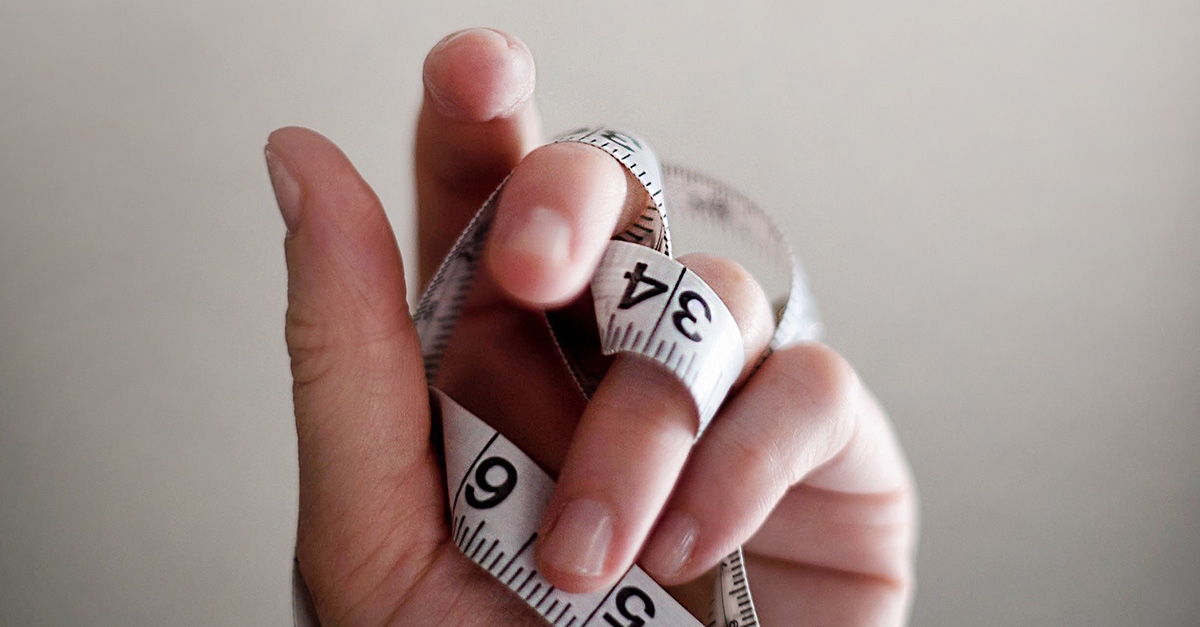
While this is quite common by medical advice, remember that each body reacts differently. Some people even gain a little weight before they start shedding fat and pounds.
In case you lose no weight at all you might be doing one (or more) of these things.
Shortcut to Ketosis: Kow Fast Can you Get into Ketosis
Are you impatiently looking for shortcuts to ketosis? Yes, you can speed up the process, but it's not too easy.
Fasting would be the correct answer. You enter ketosis while fasting much faster, boosting the fat-burning process.
That means you can do either a 24-hour fasting day or create an eating schedule and meal plans.
In any case, a proper meal plan can help massively:
- Think low carb intake (20-50 g, depending on a person)
- Stack up on fat intake; healthy fats are your new best friends
- Don’t overdo the protein intake (protein is good, but overeating can prolong the time you need to enter ketosis)
- Water, water, water
- Regular exercise, but don’t overdo it
- Consider taking exogenous ketones (read my review here)
- Boost electrolyte intake with salted water, magnesium supplements, and potassium
- Intermittent fasting (with a strict eating and fasting schedule:
- skip one meal a day (the easiest is breakfast, that’s when most people feel least hungry)
- engage in fasting periods (12 to 16 hours without food)
- 24 hours on liquids, no food
Is Ketosis Bad?
With all the information available nowadays, you might be wondering: is keto diet safe? Before I was pondering the questions regarding steroid safety and found some of the answers here (website). Now I have questions regarding Keto.
Before reading any further, you should know that the ketogenic diet is different for everyone. Some can experience the keto flu; others may not.
Some need a cheat day with carbs for dinner more; others don’t.
While this type of diet can be very beneficial, it’s not magical.
Eating keto is a great way to help you battle the excess fat, but it might not be the 'till-death-do-us-part thing. In other words:
- YES: 20 weeks of keto
- NO: the rest of your life
There have been studies on the long-term ketogenic diet and its effects. As a matter of fact, this study in obese patients only has positive results to show.
They were monitoring the patients for 24 weeks. The results?
No side effects of the diet reduced levels of triglycerides, blood glucose, and bad cholesterol. The same study reported elevated levels of HDL, the good cholesterol.
Nutritional ketosis is not diabetic ketoacidosis (DKA)
Before going any further, there is a general misconception we need to clear up.
Nutritional ketosis is the process of breaking fat for energy. Diabetic ketoacidosis is a serious condition that can have severe consequences without proper medical help.
At times, people with diabetes may prefer the ketogenic diet, but it is essential for them to follow a strict ketone monitoring system.
They also need to keep track of their insulin levels to avoid ketoacidosis.
Ketoacidosis affects people typically with type 1 diabetes, and, in rare cases, also individuals with type 2.
The symptoms of ketoacidosis develop relatively fast and include vomiting, nausea, dry mouth, weakness, and confusion.
Dangers of ketosis: should you be worried?
Changing your diet and lifestyle can lead to significant changes. Beneficial as it can be, consider the following, especially is your approach to the keto diet is sloppy or lazy:
- Poor quality triglycerides
Keto diet is all about the healthy fat intake, and these fats are good for you. Extra virgin olive oil, high-quality avocado oil, coconut oil, etc.

Replacing all these with poor-quality fats could, on the other hand, be far from healthy and may cause heart disease, heart attack or even stroke.
- An increased amount of free radicals
High amounts of poor-quality fats cause high levels of LDL, the bad cholesterol.

Bad cholesterol means more free radicals in your body that damage the cells and cause oxidative stress.
- Low blood sugar levels
When starting out with the ketogenic diet, you may experience fatigue and occasional headaches, because of the low blood sugar levels.
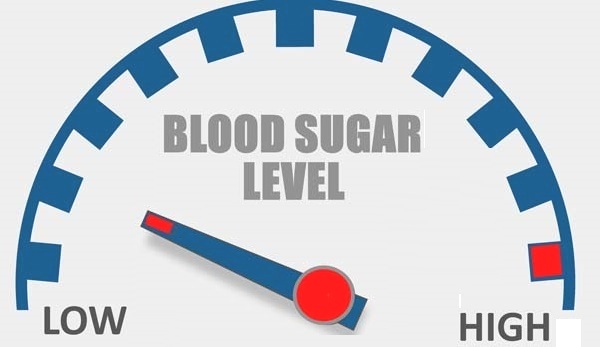
Unpleasant as it may be, this phase is only temporary. After all, your body is adjusting to a new diet; give it some time.
- Kidney stones
When there are too many ketones present in the blood, that puts stress on the kidneys.
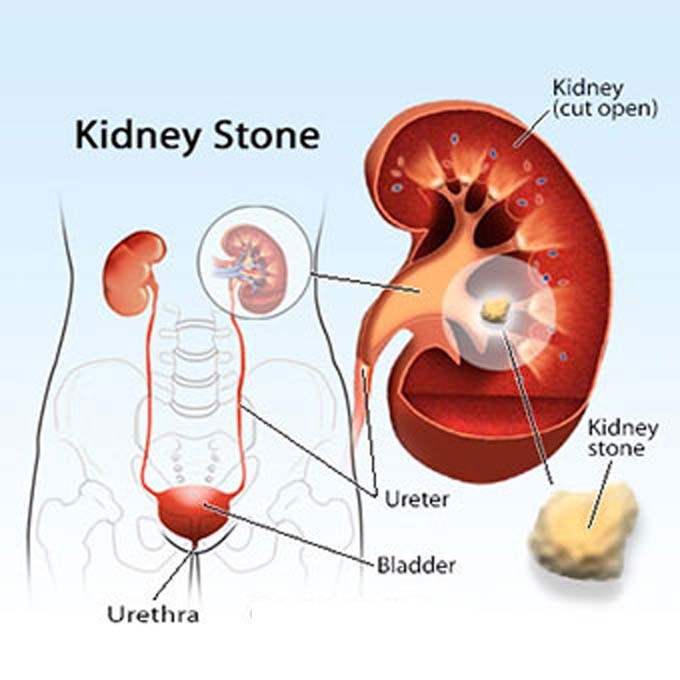
A potential result would be kidney stones. While they can happen, they are a rare side effects.
- Constipation
Constipation is a common problem for many people. It’s a potential side effect when changing to a low-carb diet for the first time.

Make sure to stay hydrated, and stack up on fiber (such as these non-starchy veggies), and magnesium supplement.
- Nutrient deficiency
This type of diet could cause vitamin and mineral deficiency in the long run. Observe your body and provide it with supplements, if necessary.
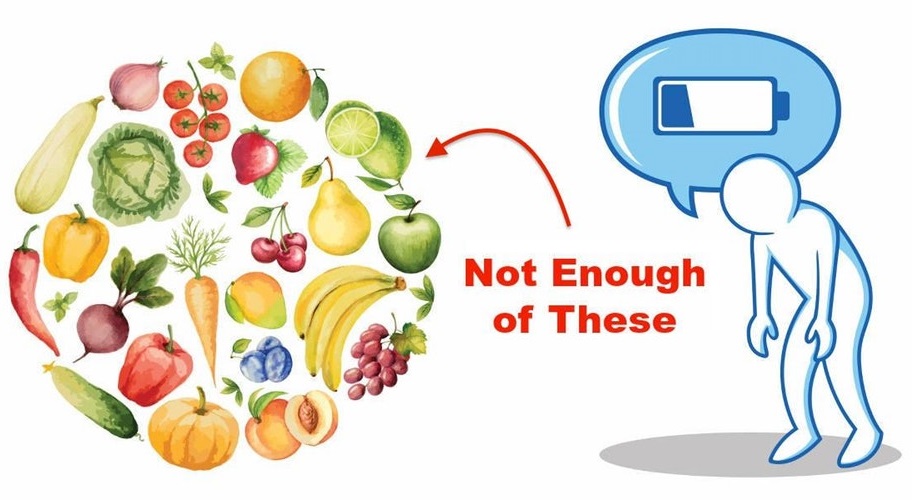
Even though, those that religiously follow this diet claim, that their food provides them with everything required for a healthy body.
How Long is a Keto Cycle?
Once you have reduced your carbohydrate intake you can build up your muscles without too much exercise and you can control your weight. So, you should cycle for no more than 4 days at a time, but one week would be sufficient for someone starting to ride. I normally cycle 2 or 3 times a week for 30 minutes, even if I'm not actually on my bike. I'll start at the end of the week and work my way back down to the start.
It's best to build up gradually so that you get used to being on the bike as often as possible and the lower intensity it can be at first. Remember that you should be avoiding exercise in your regular life to keep your body lean for this to work. You will notice that you don't really feel like you've reached the end of a cycle until you've reached the day where you need to start the next one.
Keto Ruined My Health
I had a new system to get in shape and started it, but within one week I had the worst migraines I have ever had. The headaches came without warning, and I could no longer tolerate the shakes. I went in for blood tests and they told me that my sodium levels were incredibly low. I was basically in danger of heart failure or type 2 diabetes and needed to go on an extremely restrictive diet that I didn't have time for. I lost a ton of weight, as did my baby. We are both doing well now and I've been able to drop the diet. The migraines are gone.
My wife's migraines are also gone. She's still on the diet, and we've both lost weight. I lost enough weight that I could wear my high school jeans again. My mother suffers from migraines. She had surgery to remove a brain tumor and an aneurysm behind her right eye. She's got a delicate thyroid, and the surgery combined with the new fat diet had her losing her hair and becoming anemic.
Can You Constantly Be in Ketosis?
Everyone wants to lose fat while gaining muscle. No one wants to skip meals to get there. Your body can only burn fat and burn it fast when you're at this level. Not all of you will be able to achieve this right away. Check with your doctor. He can evaluate you, which will help you meet your goals. You can always improve your diet to improve your health.
But sometimes the biggest challenges are simple to solve. By taking your nutrients at the right time and loading them with the right calories, you can enhance your body's ability to process fat while at rest. After you try this, you'll be eating to achieve your goals, and you won't have to follow any weird dieting rules to do it. Tracking your results is an essential part of this lifestyle.
Can You Go Too Far Into Ketosis?
Yes, it is indeed possible to go too far into ketosis, a state known as "excessive ketosis" or "overketosis." While the ketogenic diet is designed to induce a controlled state of ketosis for various health and weight management benefits, pushing ketosis to extreme levels can have adverse consequences.
Ketosis is a metabolic state in which the body primarily relies on ketones, produced from fat breakdown, as a source of energy instead of carbohydrates. This shift in energy metabolism is a hallmark of the ketogenic diet and can be beneficial for weight loss, improved insulin sensitivity, and mental clarity.
However, excessive ketosis can lead to several potential issues:
- Ketoacidosis: While rare for healthy individuals following a ketogenic diet, excessive ketosis can increase the risk of ketoacidosis, a potentially life-threatening condition. Ketoacidosis is characterized by extremely high levels of ketones in the blood, leading to a drop in blood pH. It is more commonly associated with uncontrolled diabetes, alcohol abuse, or certain medical conditions. Symptoms can include extreme thirst, frequent urination, nausea, and confusion.
- Dehydration and Electrolyte Imbalance: Ketosis can lead to increased fluid loss and electrolyte imbalances, primarily sodium, potassium, and magnesium. Severe dehydration and electrolyte imbalances can cause muscle cramps, heart palpitations, fatigue, and in extreme cases, cardiac arrhythmias.
- Nutrient Deficiencies: A highly restrictive ketogenic diet that eliminates many food groups can lead to nutrient deficiencies over time. For example, inadequate intake of fruits and vegetables may result in a shortage of vitamins, minerals, and dietary fiber, which are essential for overall health.
- Gastrointestinal Issues: Some people may experience digestive problems, such as constipation or diarrhea, when following an extremely low-carb ketogenic diet. This can be exacerbated by excessive ketosis.
- Negative Impact on Athletic Performance: For athletes, pushing ketosis to extreme levels may hinder high-intensity or endurance performance. Carbohydrates are a primary source of energy during intense physical activities, and very low-carb diets may not provide enough fuel.
To avoid going too far into ketosis, it is crucial to follow a well-balanced ketogenic diet that is appropriate for your individual needs and health status. Consulting with a healthcare provider or registered dietitian can help ensure you are safely maintaining ketosis and not pushing it to unhealthy extremes.
In conclusion, while ketosis can offer numerous benefits when appropriately managed, excessive ketosis can lead to health risks such as ketoacidosis, electrolyte imbalances, nutrient deficiencies, and gastrointestinal problems. It is essential to maintain a balanced approach to the ketogenic diet, monitor your body's response, and seek professional guidance if necessary to avoid potential complications associated with excessive ketosis.
Signs You Should Quit Keto
- Persistent Fatigue: If you find yourself constantly fatigued despite following the ketogenic diet diligently, it might be a sign that it's not suitable for you. While some people experience an initial energy dip during the transition phase, if this persists beyond a few weeks, it could indicate that your body isn't adapting well to the diet's metabolic changes.
- Plateaued Weight Loss: Initially, many people experience rapid weight loss on the keto diet due to water weight reduction and fat loss. However, if you've hit a plateau where your weight hasn't budged for several weeks despite adhering strictly to the diet, it might be time to reconsider its efficacy for you.
- Digestive Issues: Some individuals experience digestive discomfort such as constipation, diarrhea, or bloating while on the ketogenic diet. If these issues persist or worsen over time, it could be a sign that the diet isn't compatible with your digestive system.
- Muscle Loss or Weakness: While the keto diet can be effective for fat loss, it may not provide sufficient fuel for intense physical activity, leading to muscle loss or weakness. If you notice a significant decline in your strength or muscle mass, it could be an indication that the diet isn't meeting your body's needs.
- Persistent Bad Breath or Body Odor: One of the side effects of ketosis is the production of acetone, which can lead to bad breath and sometimes body odor. While this is often temporary and can be managed with proper oral hygiene, if it persists and becomes bothersome, it might be a reason to reconsider the diet.
- Elevated Cholesterol Levels: Some people experience an increase in LDL cholesterol levels while on the ketogenic diet, which could potentially increase the risk of heart disease in the long term. If your cholesterol levels remain elevated despite efforts to modify your diet and lifestyle, it's essential to consult with a healthcare professional.
- Negative Psychological Effects: The restrictive nature of the keto diet can sometimes lead to feelings of deprivation, social isolation, or disordered eating patterns. If you find that the diet is negatively impacting your mental well-being or relationship with food, it's crucial to prioritize your mental health and consider alternative dietary approaches.
In conclusion, while the ketogenic diet can be effective for some individuals, it's not suitable for everyone. If you experience any of these signs consistently, it's essential to listen to your body and consider transitioning to a different dietary approach that better aligns with your health goals and lifestyle. Always consult with a healthcare professional before making any significant changes to your diet or lifestyle.
So, How Long is it Safe to Be in Ketosis?
Ketosis lasts as long as you keep boosting the ketone levels and following a low-carb plan. While it also depends on your body and physical activity, you can stay in ketosis anywhere between 2 to 7 days.
The trick is that people on low-carb diets should stack up on carbs now and again. That’s why we need to ask ourselves the following: how long it is safe to be in ketosis?
The answer is not as specific as you may like. It varies from person to person.
Constant ketosis is not a long-term goal for a lot of people, and it’s also unnecessary for extended periods of time.
On the other hand, there have been cases of people on this diet for more than five years without any significant side effects.
The diet boosts with successful results, but in the long run, it may not be for everyone.
There’s no doubt that the ketogenic diet helps produce short-term results.
Maintaining a high-fat, low-carb lifestyle indefinitely could cause some health issues. After all, the results also depend on your existing health conditions as well.